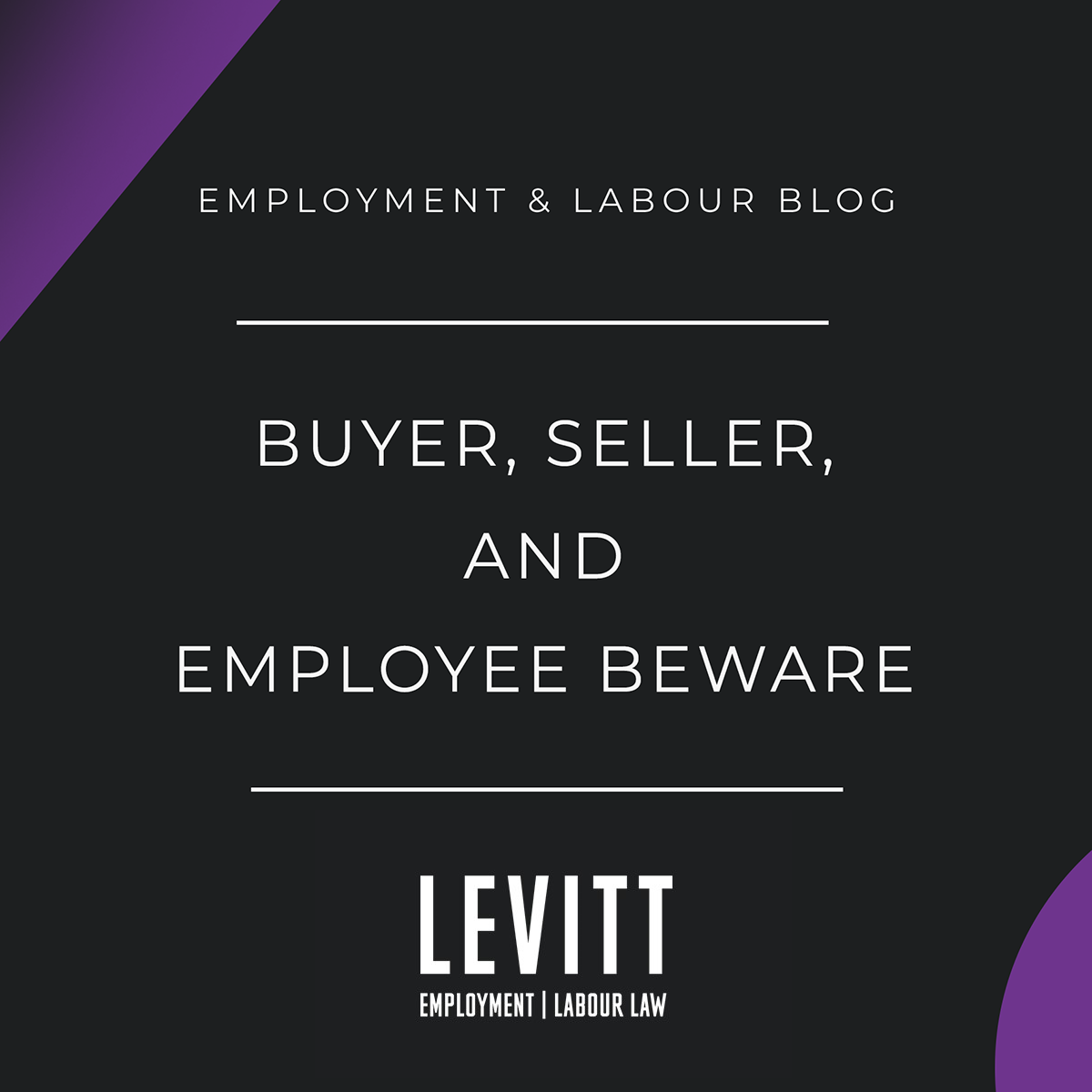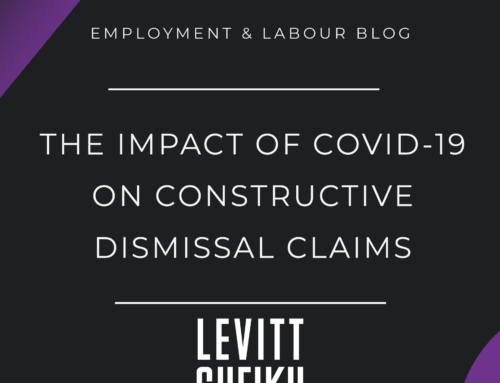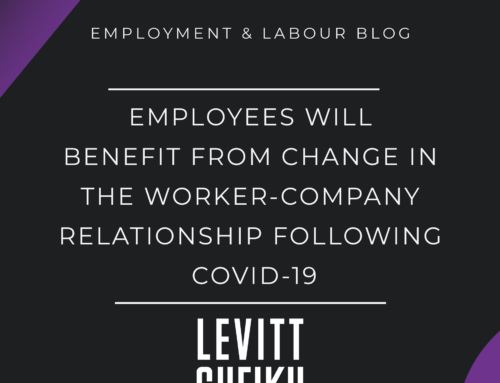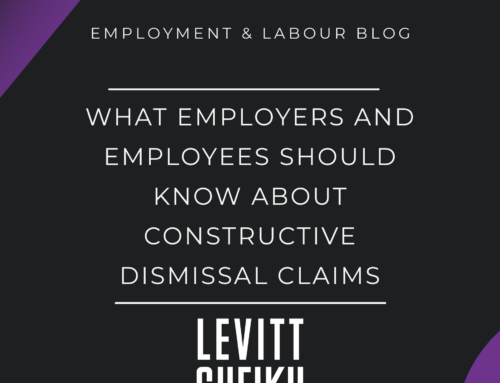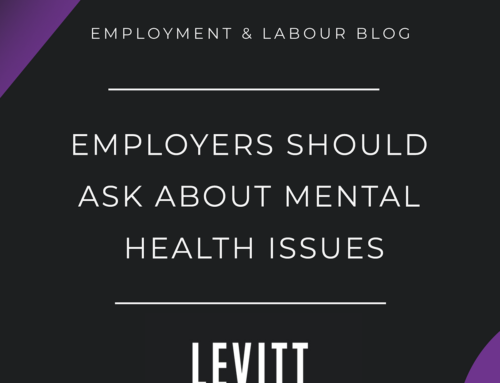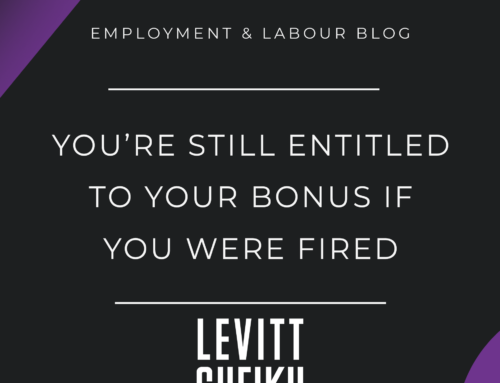While the sale and purchase of a business may seem straightforward, when employers decide to sell their business, they are potentially putting themselves, their employees, and the new purchaser at risk of potential losses and other liabilities.
There are two types of purchases: a share or asset purchase. When a share purchase is made, the employees are not affected as the purchaser inherits all employment-related liabilities, including union obligations, when they legally assume the roles of the vendor.
Asset purchases, however, can put all three parties at risk. The purchaser has the power to offer employment to all, few, or none of the vendor’s employees and they are under no obligation to do so, regardless of an employee’s skill or seniority. Employees who are not offered a job are left with essentially no rights against the purchaser (unless the purchaser’s reasons for not offering the job was related to a prohibited ground under human rights legislation).
If the vendor terminates an employee, they can sue for wrongful dismissal; however, if the purchaser subsequently offers an employee employment on substantially similar terms, the vendor could argue that the employees ought to have accepted that offer to mitigate their damages. The employee may have no claim for any damages beyond their minimum statutory entitlements.
In some situations, an employee doesn’t need to accept new employment from the purchaser and can claim from the vendor full wrongful dismissal damages. Suppose the new offer of employment constitutes a material demotion from the employee’s previous position, or they are required to sign an employment contract depriving them of their statutory rights. In that case, the employee will not be required to accept that position as part of their duty to mitigate. As vendors may be liable for termination pay to any employees not retained, most purchase agreements require the purchaser to hire their employees on essentially the same terms.
The vendor’s obligations do not end if the purchaser indeed retains their employees. Vendors often fail to consider the possibility of the purchaser becoming insolvent. If the employee cannot completely mitigate their damages through employment with the purchaser due to an insolvency or because they were fired without cause by their new employer, the employee’s claim for damages against the vendor survives.
The purchaser usually carries the heaviest burden, as there are strong statutory protections to protect employees in the sale of a business that require the purchaser to recognize prior service for all purposes. Unless the purchaser utilizes an employment contract with a clear, explicit and enforceable term limiting dismissal obligations, courts are likely to find that an employee’s prior service will be recognized for the purpose of calculating reasonable notice of termination at common law.
All three parties, buyer, seller, and employee must do their due diligence during the sale of a business to ensure that they are not only protected now, but later. Careful legal analysis, meticulous scrutiny, and uncompromising attention by all parties are recommended and required.
To learn more about whether or not you have a lawsuit contact us today. Choose Levitt LLP When You Can’t Afford to Lose.

